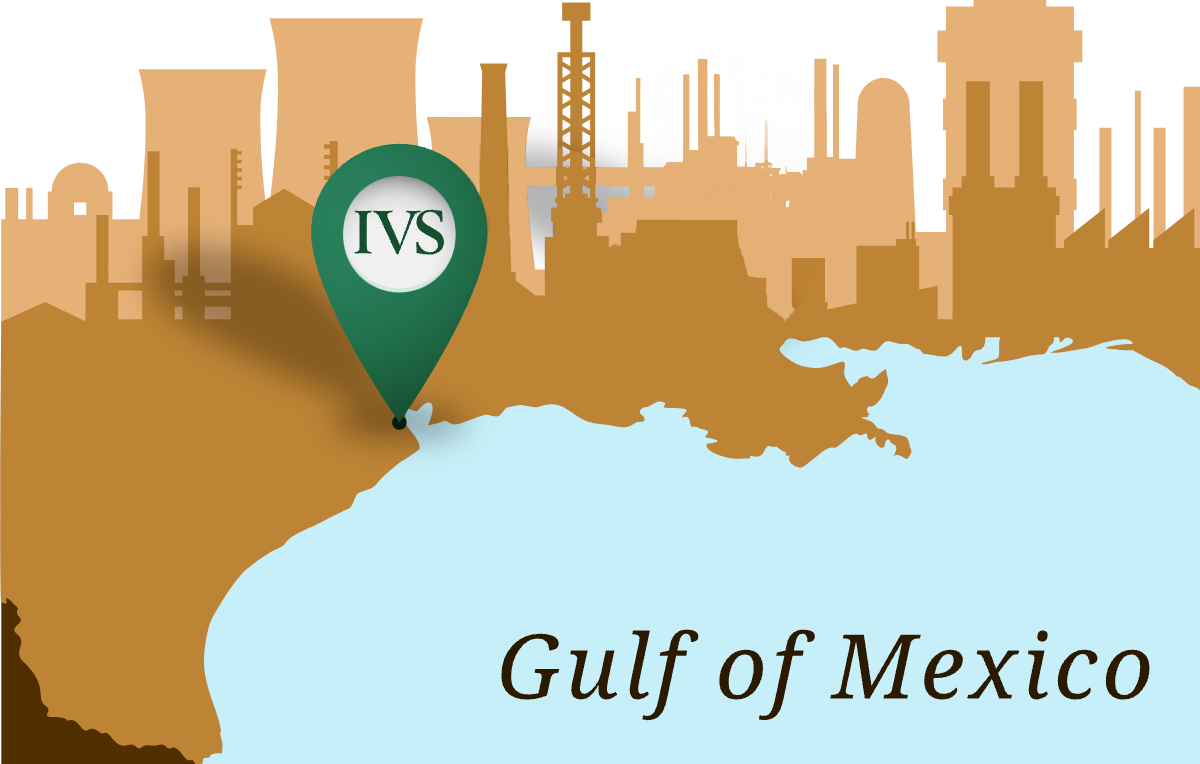The chief executives of American oil companies ExxonMobil and Chevron held preliminary talks in early 2020 to explore combining the two largest US oil producers in what would have been the biggest merger of all time, according to people familiar with the matter.

The discussions, which are no longer ongoing, are being seen as having tested the waters for the huge corporate marriage after the coronavirus pandemic shook the world last year.
Such consequential discussions are indicative of the pressure the energy sector’s most dominant companies faced as Covid-19 took hold and crude prices plunged.
The talks between Exxon chief executive, Darren Woods, and Chevron CEO, Mike Wirth, were serious enough for legal documents involving certain aspects of the merger discussions to be drafted, one of the sources told Reuters.
Sources requested anonymity because the matter is confidential. Exxon and Chevron, which have market capitalizations of $190bn and $164bn, respectively, declined to comment on Sunday.
The discussions were described as preliminary and although were not ongoing could come back in the future.
Such a deal would reunite the two largest descendants of John D Rockefeller’s Standard Oil monopoly, which was broken up by US regulators in 1911, and reshaped the oil industry, the Journal reported.
A combined company’s market value could top $350bn, creating the world’s second largest oil company by market capitalization and production, second only to Saudi Arabia’s state oil producer, Aramco.
Such a big American oil merger could run into regulatory and antitrust hurdles in the new Biden, which has taken the US back into the Paris climate accords.
Last week Biden signed new environmental orders, saying the climate crisis was an existential threat demanding urgent remedies and introduced his team, including former secretary of state John Kerry as the new US climate global envoy.
During the election campaign last October, Biden said he would push the US to “transition away from the oil industry”.
One of the people familiar with the talks told the WSJ the sides may have missed an opportunity to consummate the deal under the former president, Donald Trump, who withdrew from the Paris agreement and had a powerful relationship with the fossil fuel industries.




